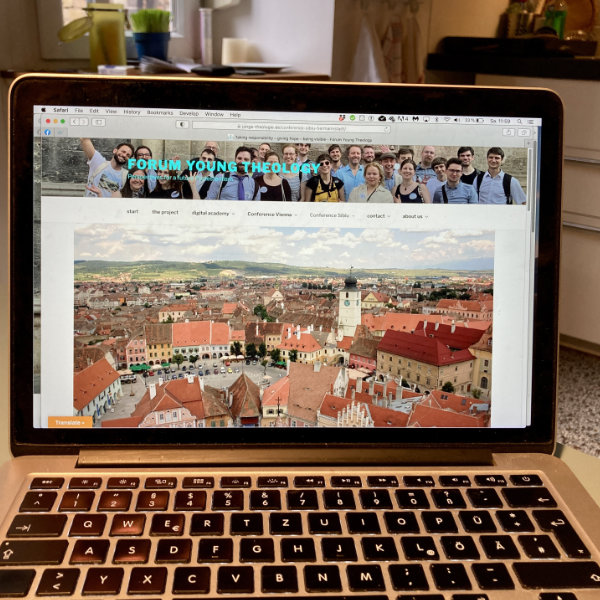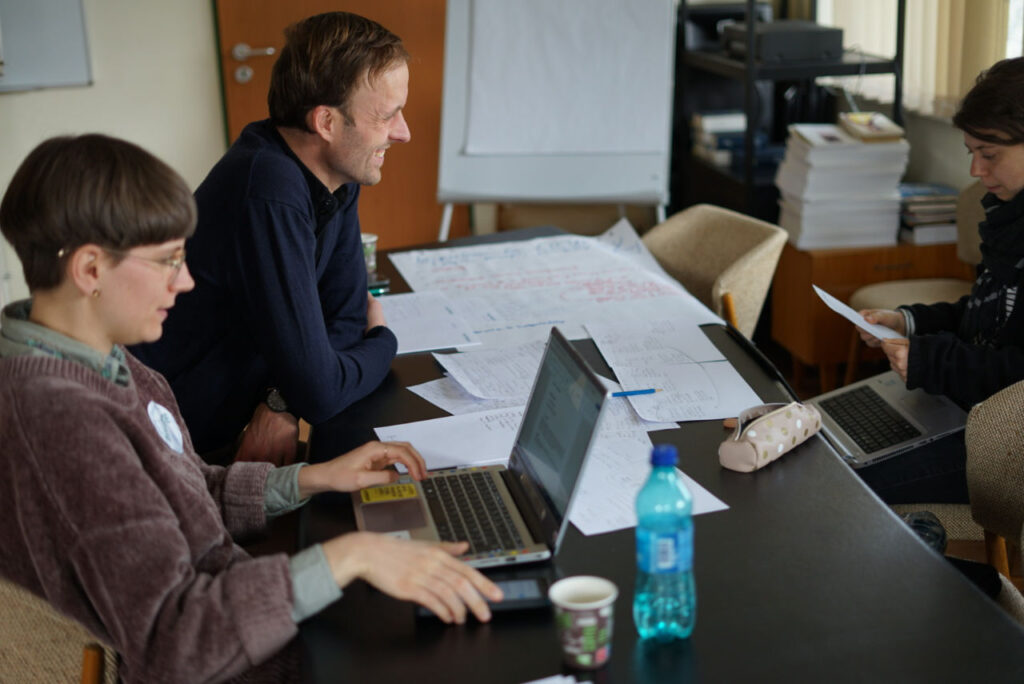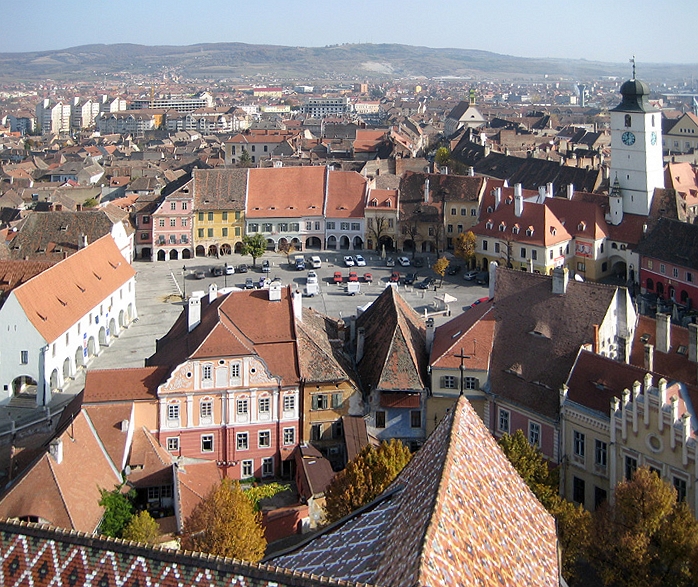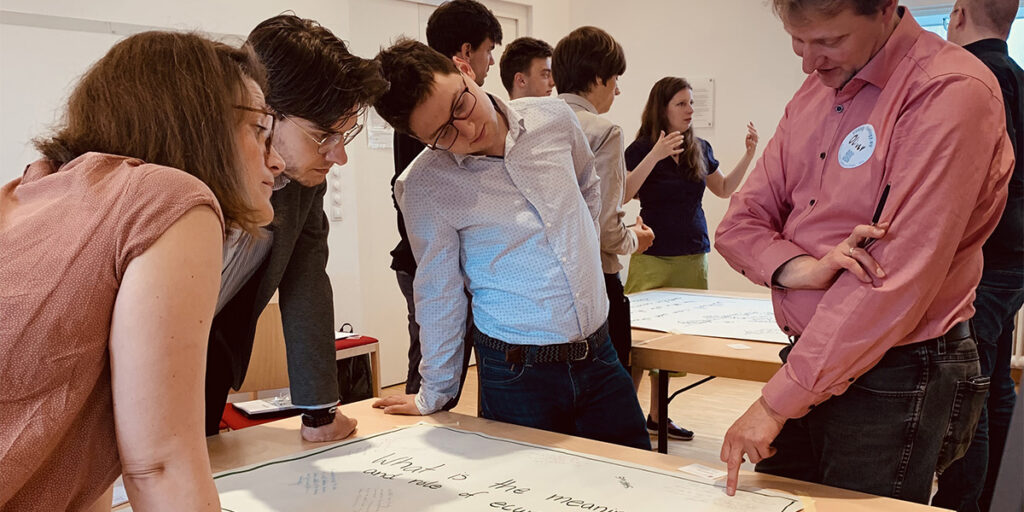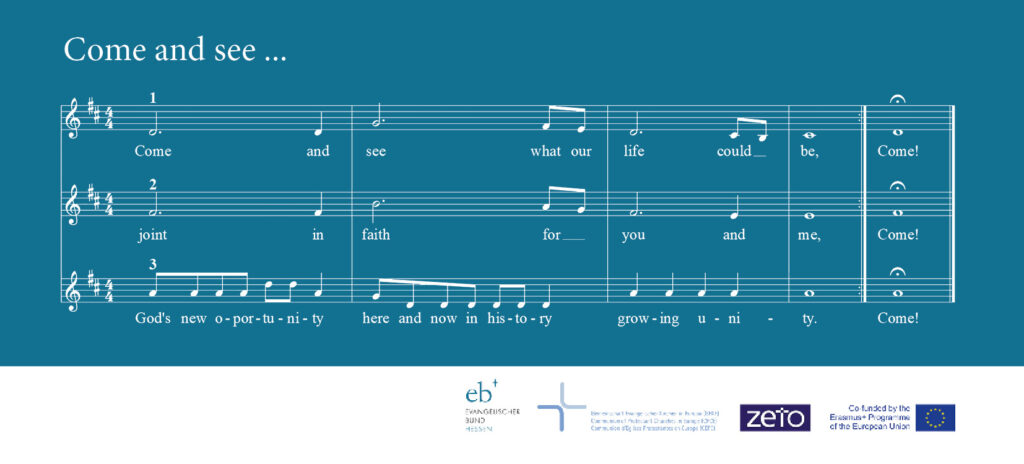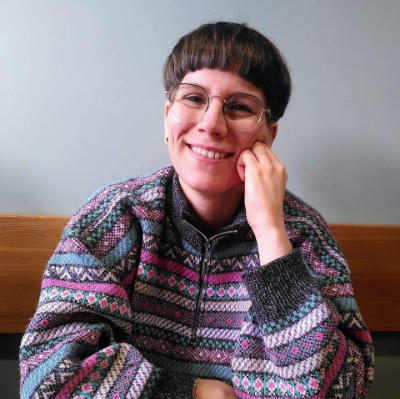
I am, 26 years old from France (Strasbourg). I am studying Protestant Theology in order to become a pastor in my local Church, the Union of Protestant Churches of Alsace-Lorraine. I am really happy to be back for this new edition of Forum Young Theology 2023 with this very interesting topic of participation! As a young queer woman in my Church, it is not always easy to be heard and to feel seen and I think all our Churches have to improve themselves in their way of making a place for minorities. I look forward to discussing this issue with other young theologians and also to discovering Sibiu and the Romanian culture!”
Have a nice trip to Sibiu and see you tomorrow!
